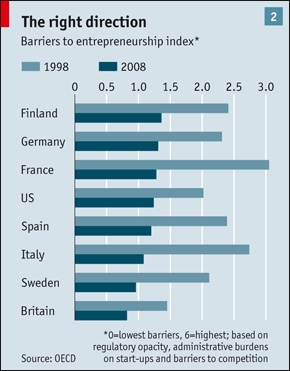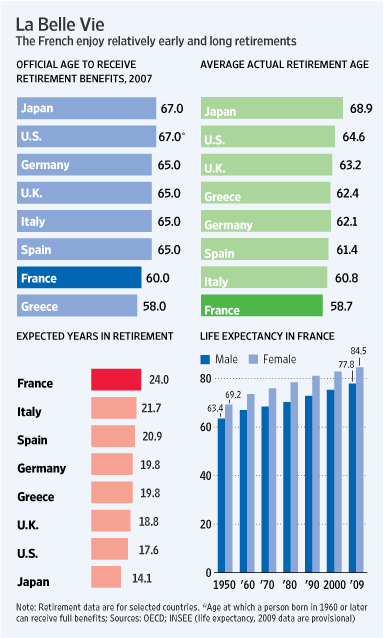
Christian Science Monitor story by way of WPR's Media Roundup.
Gist:
It may be only his second day of military training, but Abdullahi Ibrahim Aden is already convinced that he can help bring peace to his war-ravaged nation, Somalia.
Clutching an AK-47 in a field two countries away from his homeland, Aden, a former street kid, refugee, and nurse, is one of the first recruits in an ambitious program run by the European Union (EU) to help train 2,000 soldiers for the fledgling Army of Somalia's fragile Transitional Federal Government, or TFG.
"Somali children, grandfathers, and grandmothers are dying in the streets," says Aden. "That is why I came to be a volunteer, to change what is happening in my country."
Involving 150 instructors from 14 EU countries at a cost of $6 million to European taxpayers, the program is the latest in a series of internationally funded training efforts around East Africa designed to bolster the beleaguered government and nudge Somalia closer to peace after almost two decades of conflict.
Money for logistical support is coming from the United States, which has reportedly already pumped millions of dollars into similar smaller training programs run by local militaries in Uganda and Djibouti over the past 18 months.
Why so crucial? Lack of local resources.
Like all things SysAdmin, it is a matter of pay-me-now-or-pay-yourself-later.
Of course, my critics have long asserted that my vision is so naive in its assumption that Core countries will be willing to do SysAdmin work. And yet the efforts continue and grow, and Core militaries progressively shift resources from the Leviathan bin (way too expensive for the EU anyway) and into the SysAdmin portfolio. What is needed, of course, is to steer rising New Core powers in similar directions, instead of encouraging their own fantasies regarding the utility of great-power war.
It was never a question of political will, but rather one of finally recognizing the international security landscape for what it is: an era of intense frontier integration that can either be addressed or put off by the dream of future great-power war. But the integration will proceed apace whether we engage it or not. Globalization is simply that powerful--the essence of our 5GW victory that few on our side are ready to embrace.
Yes, there is plenty of naivete on this subject, but it rests primarily with those who cling to their romantic notions of past warfare.
 Wednesday, September 22, 2010 at 12:07AM
Wednesday, September 22, 2010 at 12:07AM 




















